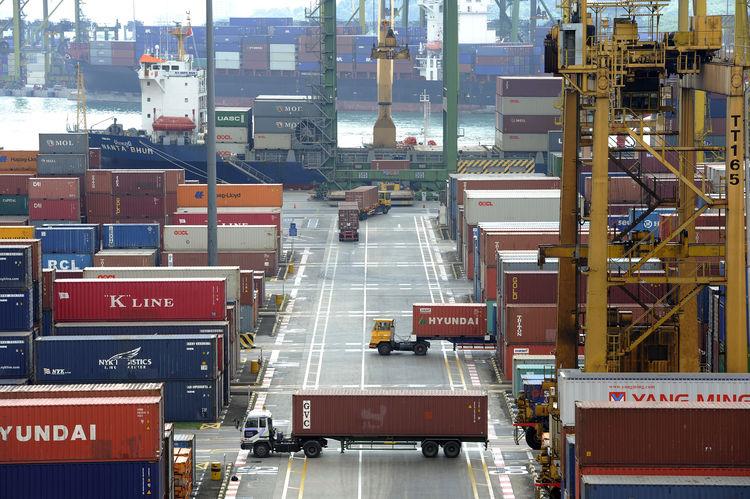The Nigerian-Indonesia Chamber of Commerce and Industry has announced a remarkable surge in the trade balance between Nigeria and Indonesia. The figures show an impressive increase of 80.77%, with the trade balance soaring from $2.6 billion in the prior year to a substantial $4.7 billion in 2022.
This revelation was made by Ishmael Balogun, President of the chamber, during the prestigious 2023 Equipment and Manufacturing West Africa Exhibition, held under the theme “Reigniting Manufacturing to Drive Economic Growth and Development” in Lagos.
During the event, industry experts unanimously underscored the pivotal role of technology adoption, human capacity building, and collaboration in revitalizing the manufacturing sector to foster economic growth and development in Nigeria.
In his address, Balogun shed light on the significance of bilateral trade and investment, technological advancements, and global engagement. He emphasized that embracing technology and forging international partnerships would enable businesses to venture into uncharted territories and unlock mutually beneficial opportunities.
Balogun stated, “It is with great pleasure that I inform you about the tremendous growth in the trade balance between Nigeria and Indonesia, which has surged from $2.6 billion in 2021 to $4.7 billion in 2022. Our objective is to continually explore new horizons and expand our outreach further.”
Tumi Adeyemi, Founder and CEO of ZenoLynk Technologies Limited, expressed his views on the matter, emphasizing the critical role of a robust manufacturing base in ensuring self-sufficiency, reducing import dependency, and stimulating exports, thereby bolstering the country’s trade balance.
He highlighted the persistent challenges faced by Nigeria’s manufacturing industry, including inadequate infrastructure, unreliable power supply, limited access to finance, bureaucratic bottlenecks, and inconsistent policies.
According to Adeyemi, leveraging technology is essential to overcoming these obstacles and unlocking growth opportunities for the Nigerian manufacturing sector.
He also pointed out the tremendous potential of the African Continental Free Trade Area agreement, describing it as a golden opportunity for Nigeria’s manufacturing industry. By capitalizing on this vast market of 1.3 billion people and eliminating trade barriers, Nigerian manufacturers can expand their reach, tap into new markets, and boost export-oriented production.
To position Nigeria’s manufacturing sector as a regional powerhouse, Adeyemi called for strategic planning, increased competitiveness, and product diversification. By embracing these measures, the industry can harness its full potential and establish a thriving manufacturing sector that maximizes value addition and reduces dependence on imports.
Abubakar Aliu, the former Director of Industry Trade and Investment, stressed the transformative impact of the African Continental Free Trade Area agreement on promoting industrialization in Africa. He highlighted the immense opportunities it presents for expanding manufacturing capabilities and driving economic growth across the continent.
With the exponential growth in the trade balance between Nigeria and Indonesia, coupled with the commitment of industry experts and stakeholders to embrace technology, enhance competitiveness, and foster collaboration, the future of Nigeria’s manufacturing sector appears brighter than ever. By harnessing the power of technology and strategic planning, Nigeria can position itself as a force to be reckoned with in the global manufacturing landscape, while also contributing significantly to Africa’s industrialization agenda.

 Forex2 weeks ago
Forex2 weeks ago


 Naira2 weeks ago
Naira2 weeks ago
 Naira4 weeks ago
Naira4 weeks ago
 Company News4 weeks ago
Company News4 weeks ago
 Billionaire Watch1 week ago
Billionaire Watch1 week ago




 Naira2 weeks ago
Naira2 weeks ago




 Naira4 weeks ago
Naira4 weeks ago




 Naira1 week ago
Naira1 week ago






















